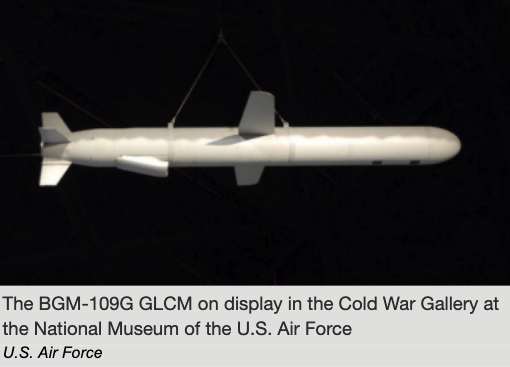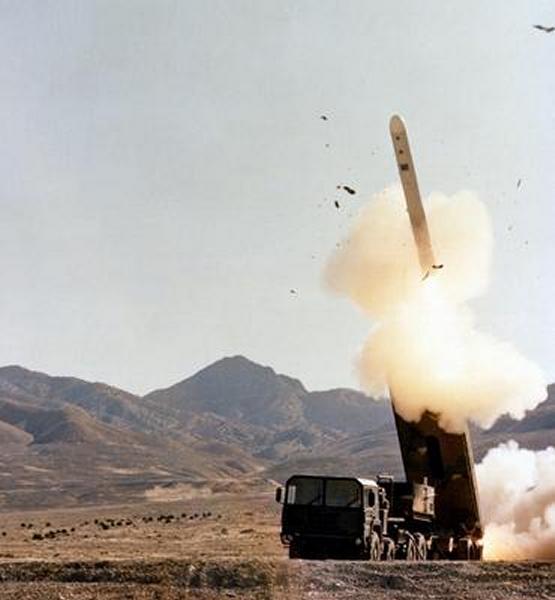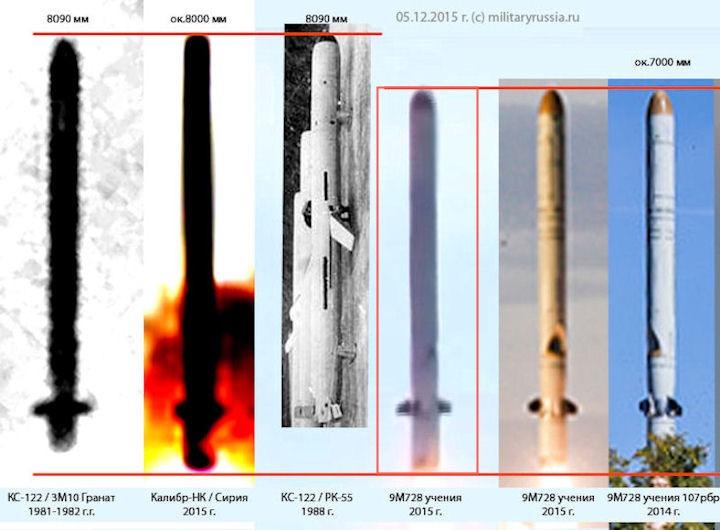The Pentagon will begin work on fabricating components for a new ground-launched cruise missile (GLCM) formely banned under the now-suspended Range Nuclear Forces (INF) Treaty, reported Aviation Week & Space Technology (AW&ST).
The Pentagon “will commence fabrication activities on components to support developmental testing of these systems – activities that until February 2 would have been inconsistent with our obligations under the treaty,” Lt. Col. Michelle Baldanza said in a Pentagon statement.
“This research and development is designed to be reversible, should Russia return to full and verifiable compliance before we withdraw from the Treaty in August 2019,” Baldanza said.
Pentagon work only covers conventional GLCM technology and excludes nuclear weapons, the spokesperson said.
The INFY Treaty was signed by The U.S. and the U.S.S.R. in 1987 to calm nuclear war fears across Europe. The treaty required both countries to dismantle their ground-launched ballistic and cruise missiles with ranges of between 310 to 3,420 miles.
About a decade ago, the Obama administration believed Moscow was developing and testing a new GLCM with a range forbidden by the treaty. Several years later, the administration announced their concerns about the alleged Russian GLCM program. Then in 2016, Russian officials disclosed the existence of the 9M729 missile (NATO designation: SSC-8) but told the international community it did not violate the treaty.
The Trump administration unleashed a “maximum pressure” campaign on Russia, recruiting allies to pressure Moscow to comply with the INF Treaty despite the Kremlin’s denials that a violation had occurred. The administration then called in 2017 for an authorization bill that would allow the Defense Department to launch research and development on GLCM technologies.
AW&ST said the first indication that the Pentagon had moved beyond GLCM research and development was in early March. In response to a question by an AW&ST reporter about renewing GLCM systems, Army Undersecretary Ryan McCarthy said he had reviewed a report on such technology but was not sure about the current status. The Office of the Secretary of Defense confirmed to AW&ST that research and development work had started on new GLCMs.
“Because the United States has scrupulously complied with its obligations with the INF Treaty, these programs are in the early stages,” the Pentagon spokesperson said.
The INF Treaty will be terminated in August unless Washington and Moscow agree to halt the mandatory, six-month withdrawal process.
Meanwhile, Russian Ambassador to the US dismissed accusations that the missile violated the treaty as a “fairy tale.”
Frank Rose, a former U.S. assistant secretary of state for arms control now at Washington’s Brookings Institution, indicated that the Pentagon’s push for GLCM technologies could be a ploy to bate Russia back into the treaty.
“My best guess is that it is political signaling intended to make it clear the United States is serious about moving forward with the development of a new GLCM (ground-launched cruise missile) unless Russia returns to compliance with the treaty,” Rose said.
The United Nations has requested the US and Russia preserve the treaty, warning its termination later this year could make the world a much dangerous place.
via ZeroHedge News https://ift.tt/2F9cHoa Tyler Durden


